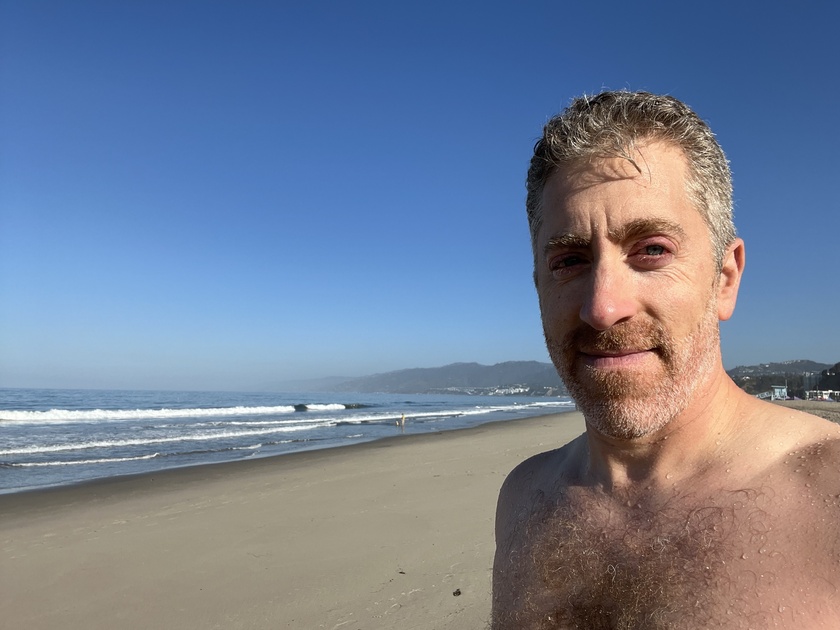June 21… traditionally the summer solstice and the first day of summer, though I gather that was yesterday for some reason. We finally had a break in the clouds and fog that are typical of the “June gloom,” and the smoke that has hung over LA due to brushfires north of town has cleared somewhat. so I am enjoying the weather.
I’m also working hard. Today I finished recording the audio version of my first novel, Joubert Park, which I wrote during the pandemic. I’m not entirely happy with the book, but it was a story I had wanted to tell for a while, and it was good to make a first effort.
It hit me today, as I was working on it, that the novel is really my attempt to explore the moral choices that Jewish people — who were nominally “white” — faced in apartheid South Africa. Similarly, my play about King David (which is too long and needs to be rewritten) is about exploring the personal choices of powerful people, and their political consequences.
Writing is a pretty good way to explore all of these things. Even if what you do never actually sees a lot of day.
I have one more audiobook to record: my book from about a decade ago about the biblical Book of Kings and its political lessons. Again, I’m not sure I’ve added anything profound to the worlds understanding of theology or statecraft, but I did enjoy exploring these themes in the context of a biblical narrative with powerful meaning and resonance.

This week’s portion launches the great story of Abraham, who is told to leave everything of his life behind — except his immediate family — and to leave for “the Land that I shall show you.”
There’s something interesting in the fact that Abraham is told to leave his father’s house, as if breaking away from his father’s life — but his father, in fact, began the journey, moving from Ur to Haran (in last week’s portion). His father set a positive example — why should Abraham leave him?
Some obvious answers suggest themselves — adulthood, needing to make one’s own choices, his father not going far enough, etc.
But I think there is another answer. Abraham (known for the moment as Abram) needs to establish his own household. This is not just about making one’s own choice, but really about choosing one’s own starting point. It’s starting over.
Sometimes we start over in fundamental ways even if much that surrounds us remains the same. Sometimes the journey we have to ...
The story of Noah is familiar; the details, less so.
Noah is often seen as an ambivalent figure. He was righteous -- but only for his generation. What was his deficiency?
One answer suggests itself: knowing that the world was about to be flooded, he built an Ark for the animals and for his own family -- but did not try to save anyone else or to convince them to repent and change their ways (the prophet Jonah, later, would share that reluctance).
Abraham, later, would set himself apart by arguing with God -- with the Lord Himself! -- against the destruction of Sodom and Gomorrah, saying that they should be saved if there were enough righteous people to be found (there were not).
Still, Noah was good enough -- and sometimes, that really is sufficient to save the world. We don't need heroes every time -- just ordinary decency.
Hi all -- as I noted last month, I'm going to be closing down my Locals page, at least for tips and subscriptions -- I may keep the page up and the posts as well, but I'm no longer going to be accepting any kind of payment.
Look for cancelation in the very near future. Thank you for your support!












